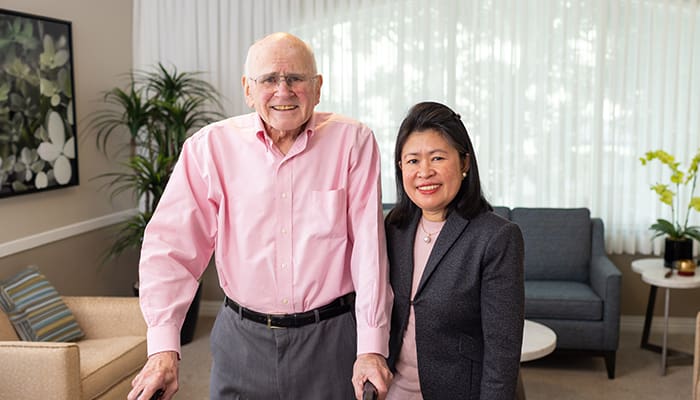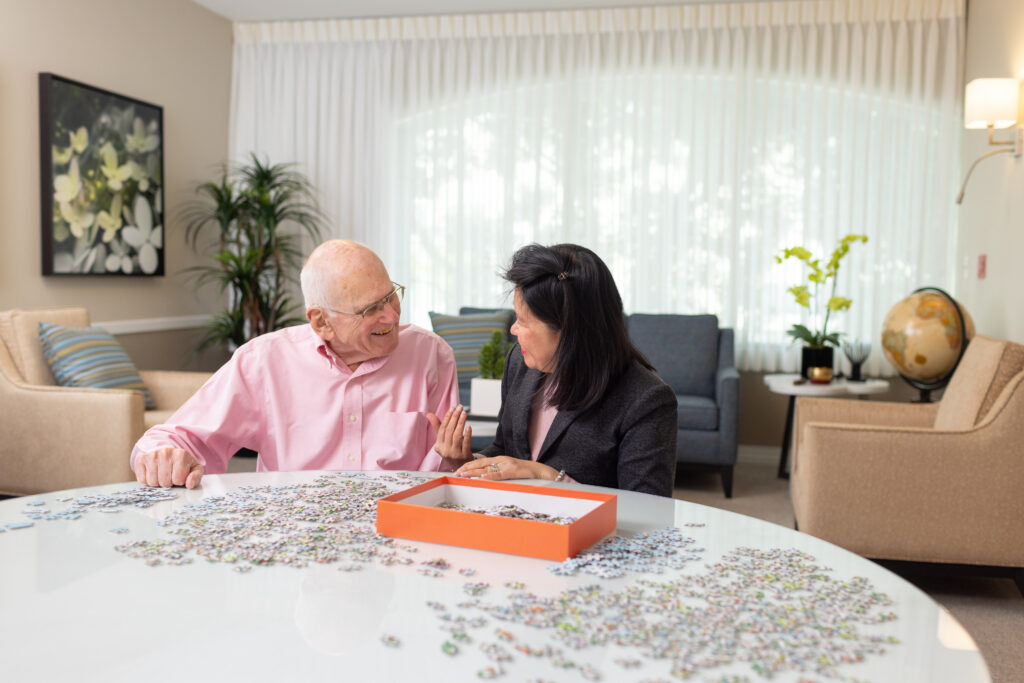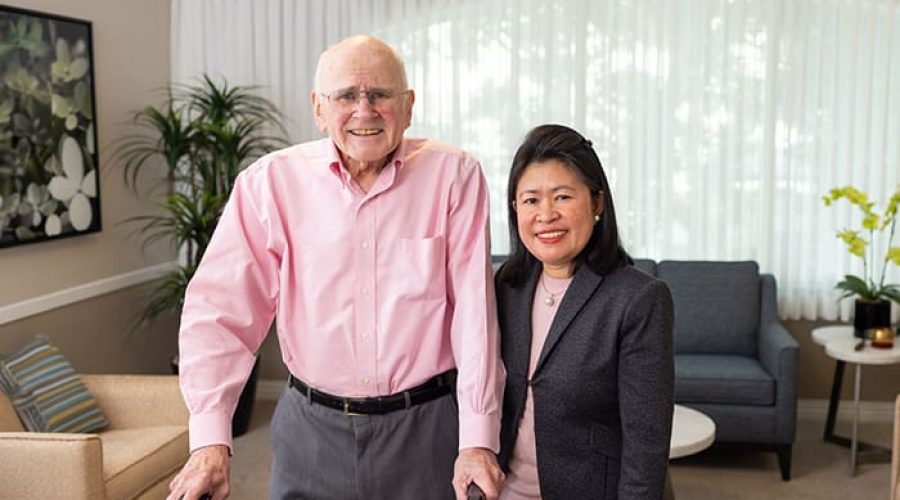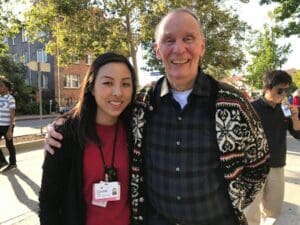
Understanding Dementia and Its Impact
Dementia is a debilitating condition affecting millions globally. The impact of dementia can be far-reaching, affecting not only the individual but also their loved ones and caregivers.
Receiving a dementia diagnosis can be a profoundly upsetting experience. Understanding the condition is an essential first step. Dementia is a progressive condition with worsening symptoms. Proactive management is necessary for quality of life.
The Importance of Early Diagnosis
Early diagnosis of dementia like Alzheimer’s Disease is crucial, as it allows individuals and their families to access support services, plan for the future, and make important decisions about their loved one’s care. By identifying the type and stage of dementia, individuals and their families can collaborate with healthcare professionals to create a tailored care plan and investigate potential treatments that might help delay the disease’s advancement.
Early diagnosis also allows individuals to participate in research studies and clinical trials, which can contribute to a better understanding of dementia and the development of new treatments.
Essential Steps After a Dementia Diagnosis
- Seek Support and Education:
- Connect with a healthcare provider, such as a neurologist or geriatric specialist, who can provide guidance and support throughout the journey.
- Learn about the specific type of dementia and its symptoms, progression, and available treatments.
- Assemble a Care Team:
- Identify family members, friends, or trusted professionals who can provide emotional, practical, and logistical support.
- Collaborate with your healthcare providers to define everyone’s roles and responsibilities, ensuring everyone is informed and engaged in your treatment decisions.
- Manage Legal and Financial Matters:
- Ensure your legal documents, including your will, power of attorney, and advance directives, are up-to-date.
- Explore financial planning options, including long-term care insurance, government benefits, and asset protection strategies.
- Develop a Care Plan:
- Consider the various care options, such as in-home care, adult day programs, or residential memory care communities.
- Keep the care plan aligned with the individual’s evolving needs.
- Prioritize Self-Care and Wellbeing:
- Prioritize activities that nurture your body, mind, and spirit, like exercise, socializing, and stress relief.
- Emphasize the individual’s potential: “Focus on the person’s strengths and abilities, rather than dwelling on the limitations of dementia.
Creating a Support Network
A robust support system is crucial for individuals and their families dealing with the complexities of dementia. This network can include family members, friends, healthcare professionals, and community organizations.
Seek support from local Alzheimer’s or dementia groups. Connecting with others who understand allows you to share your feelings, learn from their experiences, and find practical assistance.
Consider enlisting the help of a care manager or social worker who can assist with coordinating services, navigating the healthcare system, and connecting you with relevant community resources.

Finding the Right Memory Care Community in San Francisco, CA
San Francisco, CA, is home to a variety of memory care communities that cater to the unique needs of individuals with dementia. When researching and selecting a community, consider the following factors:
- Specialized programming and services for memory care.
- Staff training and expertise in dementia care.
- Opportunities for social engagement and meaningful activities.
- Proximity to the individual’s home and support network.
To find a suitable memory care facility in San Francisco, CA, that meets your loved one’s needs, contact our team of experts at San Francisco Towers. We’ll work with you to assess your options and guide you through the selection process, ensuring a smooth transition and the best possible care. Contact our team today at (415) 776-0500.
Making the Most of Memory Care Services
Once your loved one is settled in a memory care community, it is important to actively engage with the staff and participate in the care plan. Attend care plan meetings, provide feedback, and collaborate with the team to ensure that the individual’s needs are being met.
Encourage your loved one to participate in the community’s activities and programs, which can help maintain cognitive function, physical health, and social engagement. Additionally, consider ways to personalize their living space and incorporate familiar items and activities to promote a sense of comfort and familiarity.
Supporting Loved Ones with Dementia
Navigating life after a dementia diagnosis can be a challenging and emotional experience, but with the right support, resources, and care plan, individuals and their families can find ways to adapt and maintain the best possible quality of life.
By understanding the condition, seeking an early diagnosis, assembling a care team, managing legal and financial matters, and finding the correct memory care community, you can take proactive steps to ensure your loved one receives the care and support they need.
Remember, you are not alone in this journey. Reach out to local and national organizations, connect with other caregivers, and prioritize self-care to ensure that you have the strength and resilience to provide the best possible care for your loved one.







